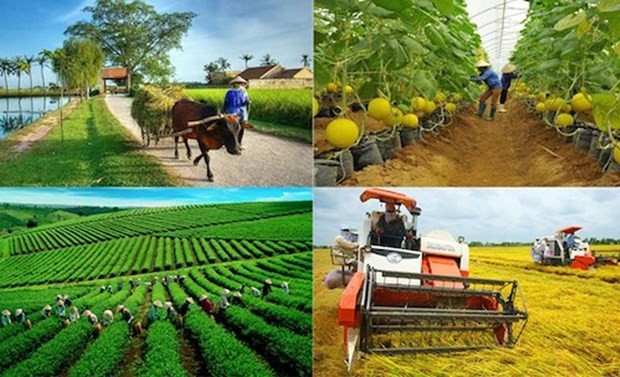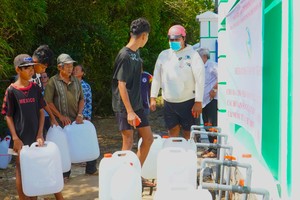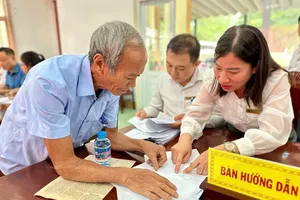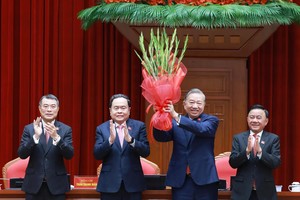 |
Rural occupations are to attract about 5 million regular workers, and earn over US$6 billion per year from export. Illustrative image (Photo: baochinhphu.vn) |
The strategy’s general goal is to promote the potential of rural areas, improve production and business efficiency, increase incomes, create jobs, and improve the material and spiritual life of the people.
It also aims at protecting the environment, preserving the landscape, and promoting the traditions and cultural identity of the nation.
The strategy is expected to spur rural economic development towards ecological agriculture, and modern rural areas and farmers.
Under the strategy, the growth rate of rural occupations will expand by 6-7% per year by 2030. The average income of labourers engaging in rural occupations will be 2.5-3 times higher than in 2020.
Rural occupations are to attract about 5 million regular workers, and earn over US$6 billion per year from export.
The rates of trained labourers working in rural occupations and those holding degrees and certificates is expected to reach 80% and 35%, respectively.
Stable and concentrated raw material areas will be formed in localities across the country to meet 70% of the rural industry’s development requirement.
The strategy identifies seven groups of occupations to be developed in rural areas, including agri-forestry-fishery processing and preservation; fine arts and handicrafts; materials production; salt production; services, among others.
The strategy also sets the direction for preserving and restoring traditional craft villages, developing domestic and export markets for rural products, and protecting the environment in rural areas in association with developing tourism.



















)




